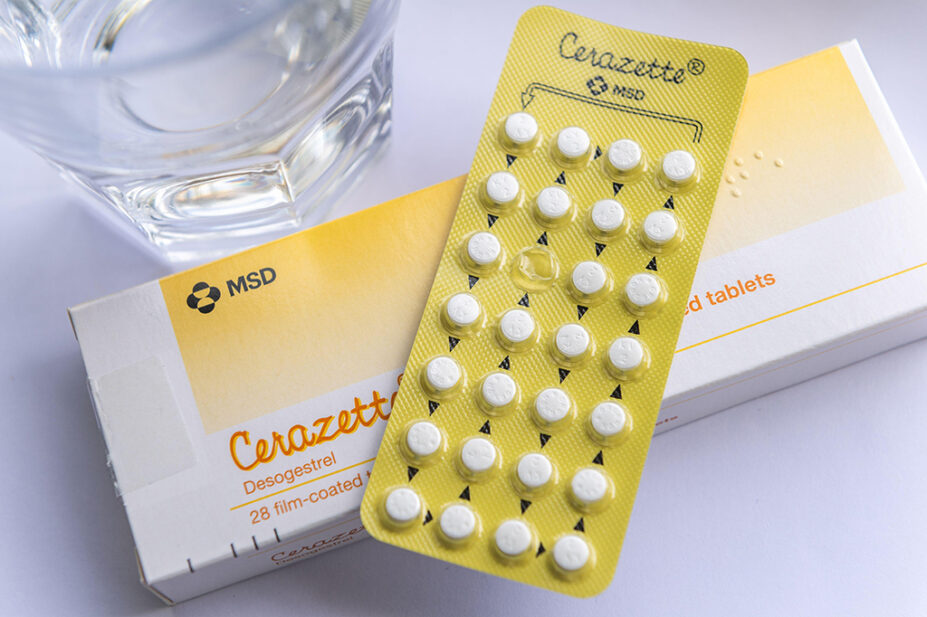
Andy Gibson / Alamy Stock Photo
Using any type of hormonal contraceptive, including progestogen-only pills, results in a small increase in the risk of breast cancer in women aged under 50 years, according to a new analysis of data published in PLOS Medicine.
The increased risk of breast cancer from taking combined hormonal contraception was already known, after a study published in 1996 showed that combined hormonal contraception raises the risk of breast cancer by about 24% while being taken and for up to ten years after stopping. However, there was insufficient evidence at the time to say whether progestogen-only methods also add to the risk.
Researchers at the University of Oxford carried out a case-control study of almost 9,500 women aged under 50 years, who had been diagnosed with breast cancer between 1996 and 2017 and whose prescription records were included in the UK’s clinical practice research database.
They found that 44% of women with breast cancer and 39% of matched controls (women the same age, from the same GP practice and whose records were available for the same period) had a prescription for hormonal contraception three years, on average, before diagnosis. Around half of these prescriptions were for progestogen-only contraception.
After taking into account potential confounding factors, such as body mass index and number of births, women with at least one hormonal contraception prescription had a 25% increased relative risk of breast cancer (odds ratio 1.25; 95% confidence interval 1.18 to 1.33), compared with women with no hormonal contraception prescriptions.
Broken down by type of hormonal contraception compared with no hormonal contraception: combined oral contraception increased breast cancer risk by 23%; progestogen-only oral contraception increased risk by 26%; progestogen-injected contraception increased risk by 25%; progestogen implant increased risk by 22%; and progestogen intrauterine device increased risk by 32%.
The differences between types of hormone or methods of administration were too small to be significant.
The increases in risk translate into fairly small excess incidences of breast cancer, the researchers said. After 5 years use of hormonal contraceptives, the absolute excess incidence of breast cancer over 15 years was estimated at 8 per 100,000 women aged 16–20 years and 265 per 100,000 women aged 25–39 years.
Lead researcher Kirstin Pirie said: “Given that the underlying risk of breast cancer increases with advancing age, the absolute excess risk associated with use of either type of oral contraceptive will be smaller in women who use it at younger rather than at older ages. These excess risks must, however, be viewed in the context of the well-established benefits of contraceptive use in women’s reproductive years.”
Commenting on the analysis, Stephen Duffy, centre lead at the Centre for Prevention, Detection and Diagnosis, Queen Mary University of London, said the results confirm “that oral contraceptives are associated with a small but significant increase in risk of breast cancer”.
He added: “The results are reassuring in that the effect is modest.”


